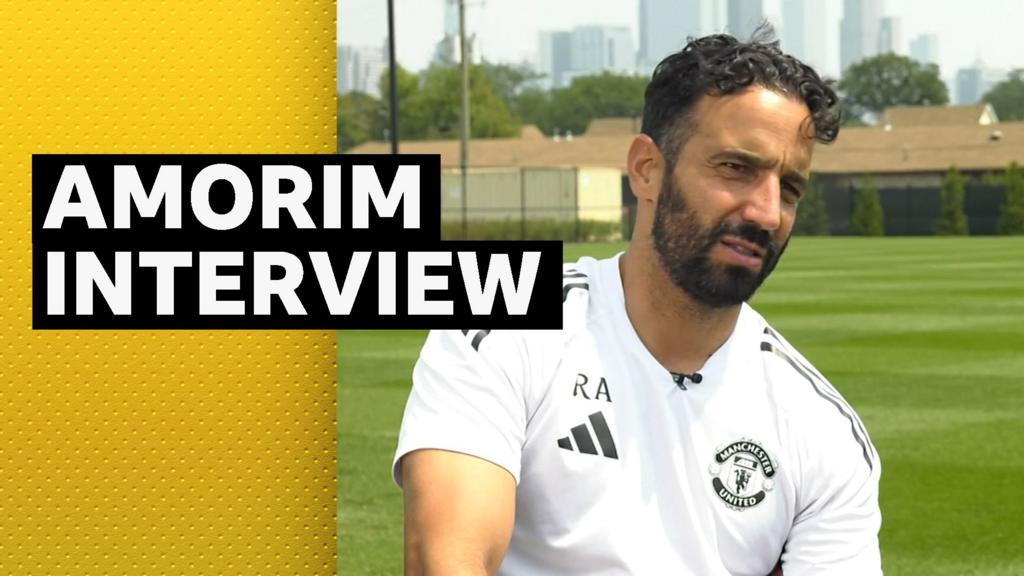
Ruben Amorim's recent admission about knowing his team would struggle in certain games last season raises some intriguing questions about Sporting CP's, or potentially now Manchester United's, strategic approach. Was this a calculated acceptance of limitations within a highly competitive environment, or an unavoidable consequence of tactical choices and resource allocation? The answer, likely, is a bit of both, but unpacking the implications is crucial.
From a competitive landscape assessment, acknowledging potential struggles beforehand suggests a pragmatic, perhaps even cyclical, view of performance. Not every team can dominate every fixture. Sir Alex Ferguson's Manchester United often sacrificed League Cup runs to focus on the Premier League and Champions League – a strategic prioritization of resources based on the likely return on investment. Amorim's statement could indicate a similar philosophy at play, potentially focusing on specific games or competitions where success was deemed more attainable.
However, accepting struggle also implies inherent limitations. Did Sporting CP lack the squad depth to consistently compete on all fronts? Did tactical flexibility suffer due to personnel constraints, making the team predictable and vulnerable against certain opposition styles? Data on Sporting's performance against teams with specific defensive setups, like low blocks or high presses, could reveal patterns supporting this idea. For example, if Sporting consistently struggled to break down compact defenses, it would highlight a tactical vulnerability Amorim knew existed.
This knowledge, if acted upon, becomes a strategic tool. Knowing where the weaknesses lie allows for targeted training, adjusted game plans, and potentially even modified transfer targets. Manchester United, under Ten Hag, similarly struggled against compact mid-blocks last season, leading to increased investment in dynamic attacking midfielders. It all speaks to a bigger picture: Are managers really admitting defeat, or simply acknowledging the chessboard before making their next move?
Amorim's honesty, whether intentional or not, invites us to consider the broader context of managing in a hyper-competitive environment. The perfect tactical system doesn't exist, the invincible team is a myth. The best any manager can do is understand their limitations, exploit their strengths, and adapt accordingly. But does this level of acceptance translate into genuine strategic advantage, or does it simply mask underlying inadequacies? What if the “struggle” wasn’t inevitable but a product of flawed squad building?